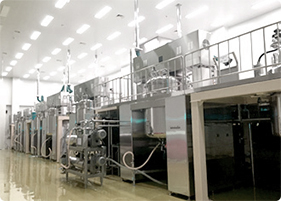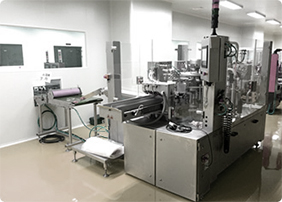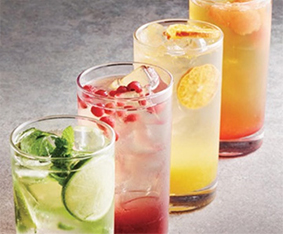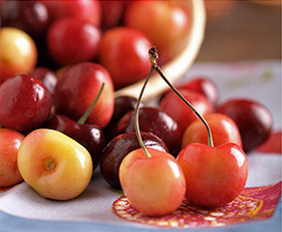b.c.r
cleanroom
GMP
The Good Manufacturing Practice
Drugs are products used for human health and are subject to various regulations to secure the quality of medicines such as efficacy, safety, and stability from manufacturing to sales under the Pharmaceutical Affairs Act.
(Medicines should be safe from side effects and stable so that they can always have the same effect. Also, medicines are used for patients, so they should have certain efficacy.)
The Good Manufacturing Practice for Pharmaceutical Products in Korea (KGMP) is the standard that must be observed in the manufacturing industry of pharmaceuticals under Article 22 of the Pharmaceutical Affairs Act Enforcement Regulations (Application for manufacturing permits by industry, etc.).
All countries, including developed countries such as the United States and the European Union, require manufacturing and management under the current Good Manufacturing Practice or the “equivalent” EU-GMP, so it is essential to develop technologies and secure facilities that satisfy the cGMP or EU-GMP regulations.

ONE.CLASS Corp. provide total services from design to construction and certification for projects in BCR-related fields such as GMP facilities, Cosmetics facilities, and aseptic laboratories.
Also, we support validation tasks such as DQ/IQ/OQ (Design Qualification/Installation Qualification/Operational qualification) and conducts a remodeling project of existing facilities.

KGMP
Korea Good Manufacturing Practice

CGMP
Current Good Manufacturing Practice

EU-GMP
European Union Good Manufacturing Practice
CGMP
Cosmetic Good Manufacturing Pratice
Criteria for quality control of all processes from transporting raw materials to finished products in order to increase reliability in product quality.
(Medicines should be safe from side effects and stable so that they can always have the same effect. Also, medicines are used for patients, so they should have certain efficacy.)
ISO 22716
International standard proposed in accordance with the Excellent Manufacturing Management Standards (GMP) of the cosmetics industry.
Organized and systematic product safety and quality management regulations to be observed in the entire process of manufacturing cosmetics, from the manufacturer’s structure, equipment, purchase, manufacturing process, packaging, and sales of raw materials.

Level 2
A studio where cosmetics contents are exposed

Level 3
A studio where cosmetics contents are not exposed

Level 4
It is a regular studio and only controls air circulation by ventilation systems.
HACCP
HACCP (Hazard Analysis and Critical Control Point)
It provides total services from project design to construction and certification in related fields. Hygiene management system to prevent biological, chemical, and physical hazards from being incorporated or contaminated in the food at each stage from the production of raw ingredients to the consumption of the final consumer.

01. Basic Plan
Production Plan: Product type, production amount, manufacturing process review, compartment and movement plan
Facility Plan: layout, internal conditions (temperature, humidity, illuminance, etc.), compartment finish (floor, wall, ceiling, waterproof, etc.), utility composition.
Building Plan: Design of layout, compartment, movement, and sanitary area

02. Zoning Plan
After analyzing the basic conditions for food manufacturing, zoning is performed. Analysis of production items, production volume, movement of people and goods, expected harm, etc.
Establishment of cleanliness (clean area, semi-clean area, general area) for each manufacturing process after analyzing basic conditions.
Zoning considering the operation of the work content and work environment.

03. Movement Plan
The movement of objects and people is distinguished by functions and structures that can prevent cross-contamination and spread of pollution.
One way flow is ideal, and avoid moving in and out of other work areas.
Prevention of crossing paths in areas with different cleanliness.
